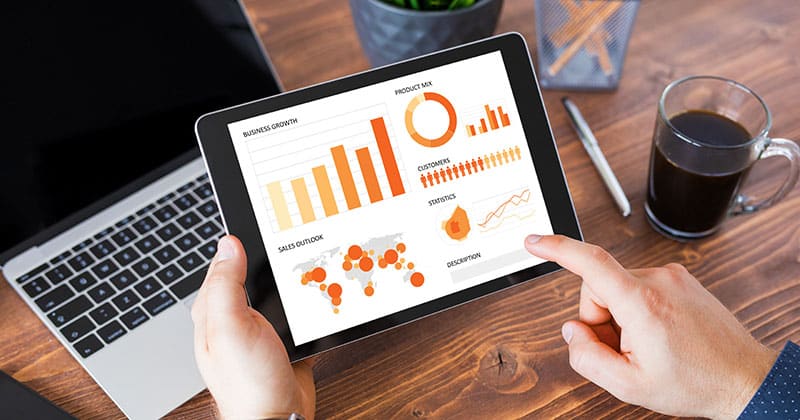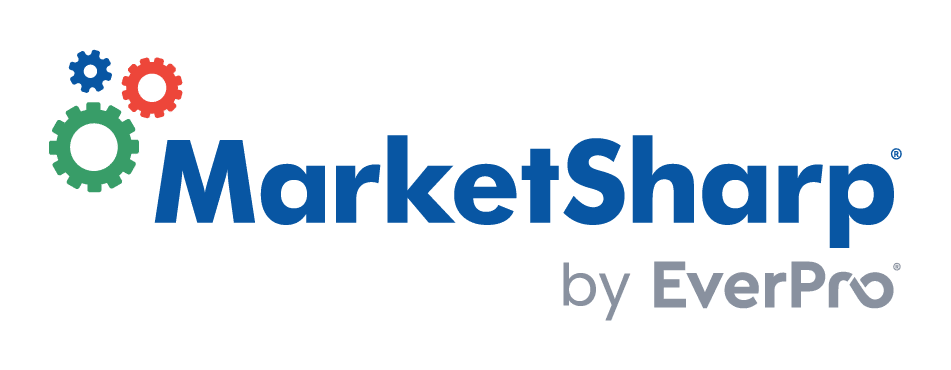Customers are the lifeblood of any business. No customers, no profits—it’s that simple.
As such, customers need to be nurtured and valued. That means going above and beyond with how you interact with them.
When it comes to contracting jobs, customers always expect more than they pay for. And no matter how many customers you have, each likes to feel like they are the only one.
Clearly, that can’t be the case, but how do you make each one feel uniquely cared for?
Luckily, that’s where customer relationship management (CRM) software really shines. CRM software helps you connect with clients at scale.
This article is an informative guide to contractor CRM. It covers the benefits and importance of CRM software.
We’ll also discuss the features of an effective CRM system and how to choose the right solution for your business.
Read on and learn how CRM software can boost your contracting productivity and earnings.

What Is Contractor CRM Software?
Let’s start with the basics:
CRM software manages customer data and uses it to improve your relationships with them. It gathers, organizes, stores, and tracks information about your existing and potential customers to help you nurture them and enhance your marketing efforts.
Customer data includes:
- Contact information (name, email address, physical location, phone number, etc.)
- Purchase history
- Lead source
- History of previous interactions
The system collects all this information from various customer touchpoints. It could be from interactions on your website, service estimates, or notes from in-person appointments. This raw data is then analyzed and organized into detailed reports.
Why is this such a big deal?
Contractor CRM software paints a detailed picture of your client base and prospective customers. It provides you with valuable insights into improving customer relationships. These are insights you can share with your field service and marketing teams with the aim of:
- Maximizing the effectiveness of your marketing campaigns
- Turning leads into paying customers
- Scheduling more contracting jobs and growing your customer base
- Increasing customer engagement
- Improving your customer’s lifetime value
- Streamlining customer service
- Personalizing customer communications
- Re-engaging inactive clients
- Mapping your sales pipeline
- Tracking progress across customer journeys
- Enhancing service delivery
- Improving project management
FROM ONE OF OUR PARTNERS: The 8 Best Lead Generation Companies for Contractors
The Benefits of Contractor CRM
About 91% of companies with 10 or more employees use a CRM system. CRM software is not only popular, it’s effective. On average, CRM software returns $8.71 for every dollar spent—a pretty high ROI.
CRM software is an invaluable tool for any contractor. But how, exactly, can it help?
Here’s how your business could benefit:
Well-Informed Business Decisions
CRM is part of business intelligence. It provides data-driven insights to inform decision-making.
CRM helps you understand your customers better. It shows who they are, where they live, and what they do. Moreover, it gives you an idea of their contracting needs and preferences.
Armed with such information, you can make business decisions with your customers in mind. That way, every decision you make puts the customer first.
CRM insights apply to almost every aspect of your business. Use them to fine-tune marketing strategies, service delivery, and pricing structures.
Better Customer Retention
Nearly half (47%) of CRM users say that CRM software significantly impacts customer retention.
How? CRM systems automate customer interactions on a personal level.
Sending personalized messages to follow up with clients rekindles interest in your brand.
You can also integrate loyalty programs with your CRM software. This incentivizes engagement and sales. It also shows how much you value loyal customers. CRM software makes designing, executing, and tracking loyalty programs easier.
You’re more likely to sell to repeat customers than new prospects. It’s also less expensive to retain a customer than to acquire a new one.
Deeper Engagement with Customers
What messages resonate with your customers and leads, and how do you relay them?
CRM software tells you what customers want to hear.
Additionally, CRM software provides a powerful means to communicate with customers directly. It can even automate some facets of customer engagement.
Say you’ve added a new contracting service to your portfolio. CRM software can help you inform customers about it. The platform segments your contacts so you can send personalized emails to customers who would be most interested in the update.
Also, some CRM systems have inbuilt communications that automatically alert customers to various developments. Such systems can send reminders and job updates via email or text messages.
Increased Team Productivity
Contractor CRM software boosts your company’s overall productivity. Customer data is a force of positive change in your business. It makes teams more efficient and productive.
A contractor CRM enhances productivity by:
- Saving time otherwise spent on mundane tasks
- Fostering cross-department collaboration
- Tracking employee performance
- Integrating with other software solutions to create a central data hub
- Guiding employees on how to best serve customers
- Helping the marketing team identify opportunities and avoid risks
Higher Conversion Rate
CRM analytics show you where leads are on the customer journey. This is very important when working on a conversion strategy.
The customer journey, or sales funnel, has six stages:
- Awareness: This stage is populated by a large number of people who know about your contracting business. They are not prospects yet.
- Interest: People in this stage are interested in your business. They are actively learning about the services offered, coverage area, pricing, etc.
- Evaluation: The prospects are keen to know more about your business at this stage. They might reach out, fill out estimate requests, or schedule site visits.
- Negotiation: During the negotiation stage, prospects want to discuss the terms of the contract.
- Sale: If the client is happy with the terms of service, they’ll contract your business.
- Renewal: This stage focuses on follow-up with clients you’ve worked with before.
Conversion starts by identifying where the lead sits in the sales funnel. From there, you can use targeted marketing to nudge them further down the funnel.
FROM ONE OF OUR PARTNERS: How to Close Jobs Faster with CRM and Lead Provider Integration
Better Bottom Line
Ultimately, CRM is about scheduling more contracting jobs. The more jobs you have, the more you earn.
But that’s not all.
CRM software improves your bottom line by boosting productivity and efficiency. In other words, it empowers you to do more with less. That saves labor, marketing, and logistical costs, widening profit margins.

Key Features of Contractor CRM
Every CRM software has a unique set of features. Some have a wide assortment of bells and whistles, while others are pretty basic. But which CRM features really matter to a contractor?
Here’s a list of must-have contractor CRM features and functions:
Contacts and Lead Management
A good CRM software should segment and track your contracting leads and contacts. This is one of the most important CRM functions.
The software first identifies leads and notes their positions in the customer journey. Leads with similar traits are then grouped and primed for targeted marketing. It then tracks the leads’ progress via automated follow-ups.
RELATED ARTICLE: 5 Ways to Improve Your Speed to Lead
Customer Data Analytics and Reporting
This is the intelligent side of CRM software. It gathers raw customer data and turns it into actionable insights.
Customer data analytics helps you visualize and understand your customer base. It does so through detailed customer relationship reports. These reports also show key performance indicators, such as:
- Conversion rate
- Customer lifetime value
- Client retention rate
- Customer satisfaction
- Average customer engagement rate
- Marketing ROI
The reports show how well (or poorly) you relate to customers. From there, you can figure out what’s working and the areas needing improvement.
Project Management Tools
In contracting businesses, CRM is closely tied to project management. So, it makes sense for contractor CRM software to incorporate a project management console.
A good project management tool should have the following features:
- Project planning and scheduling
- Crew management
- Budgeting and resource allocation
- Team collaboration dashboard
- Billing and invoicing
- Project tracking and reporting
Excellent project management improves your operational efficiency. It helps ensure every contracting project is completed on time and within budget. Those are extra points for customer satisfaction.
Sales Analytics
Sales analytics is another important feature of CRM software. It organizes sales figures, giving you visibility into your performance. Also, sales analytics generates meaningful insights, such as growth and revenue projections.
Communications Tools
Communication is critical when gathering, nurturing, and converting leads. Good CRM software lets you connect with customers effortlessly.
More importantly, it allows you to personalize messages for each lead/customer. You can send personalized emails, reminders, and text alerts directly from the CRM platform.
Personalization is a big deal in the marketing world. Over 60% of customers expect a personalized experience. And 90% of marketers say personalization boosts profitability.
Third-Party Integrations
Good contractor CRM software should work well with your existing tools and software. For starters, it should sync seamlessly with your email and project management systems.
Third-party integration augments the CRM software with new functions and capabilities. It also simplifies workflows by pooling all the business data and processes in one place.
How to Choose the Right Contractor CRM Software
CRM software solutions come in all shapes and sizes. They all serve the same basic functions. However, they vary widely in terms of useability, capabilities, and complexity.
FROM ONE OF OUR PARTNERS: What to Consider when Choosing a CRM
Consider the following factors when choosing a contractor CRM solution:
Compatibility
Check whether the solution is a good fit for your business. Do this by asking yourself the following questions:
- Does the software have all the features, functions, and capabilities I need?
- Is the price within budget?
- Will the system integrate with all the digital business solutions I already have?
- Is the software designed for my kind of contracting business?
If the answer to all these questions is yes, you have a winner.
Remember, the CRM software should adapt to your business. You shouldn’t need to change your business model just to use the software.
The trick here is figuring out exactly what you need from it.

Flexibility and Scalability
Your business may be small now, but you probably expect it to grow with time. You need CRM software that scales with your business as your customer base, workforce, and job volume grow.
Also, the solution should allow you to tweak some of its features to match your needs. A flexible solution will let you customize various settings to your liking. For instance, you may adjust security configurations and UI characteristics to some degree.
Security Guarantee
Cyber threats are becoming increasingly prevalent and sophisticated. One survey found that 75% of surveyed organizations had fallen victim to cybercrime within a 12-month period.
CRM systems harbor valuable customer data, making them prime targets for cyberattacks. So, ensure the software offers robust data security.
The solution should also guarantee 24/7 data availability. Check that the system can reliably back up and restore your data at any time.
It can take years to enmesh useable customer relationship data. Losing it is simply not acceptable.
User-Friendly
Is the software easy to learn and use?
Every new CRM solution has a learning curve. Even so, the system should be reasonably intuitive. The user experience must be designed with efficiency, speed, and accuracy in mind.
The faster you and your staff can learn to use the CRM, the sooner you can start reaping its benefits. Besides, nobody wants a frustratingly complicated business solution.
The Vendor’s Reputation
Sometimes, a CRM system is only as good as its vendor. The vendor’s reputation says a lot about a product’s quality and user experience.
Find out what other contractors think about various CRM software vendors. Ask around and read online reviews to learn as much as you can.
Focus your research on customer services, user support, and system maintenance.
A reputable vendor will offer 24/7 helpdesk support and excellent customer service. They’ll also keep their product updated as needed.
Here are the top five contractor CRM solutions to get you started:
5 Tips to Make the Most of Your Contractor CRM Software
Make the most of your customer data to grow your contracting business. Let CRM software inform your marketing, project management, and business operations using accurate, data-driven insights.
Here’s how to do just that:
- Customize and adapt your CRM software to your needs.
- Explore automation features for everyday business tasks.
- Go big with customer engagement. Send reminders, follow-up emails, and alerts to customers and prospects.
- Tether all your business applications to a central CRM-powered data hub.
- Use CRM reports to keep track of the numbers.
FROM ONE OF OUR PARTNERS: The Best CRM Software Options for Home Services Businesses

